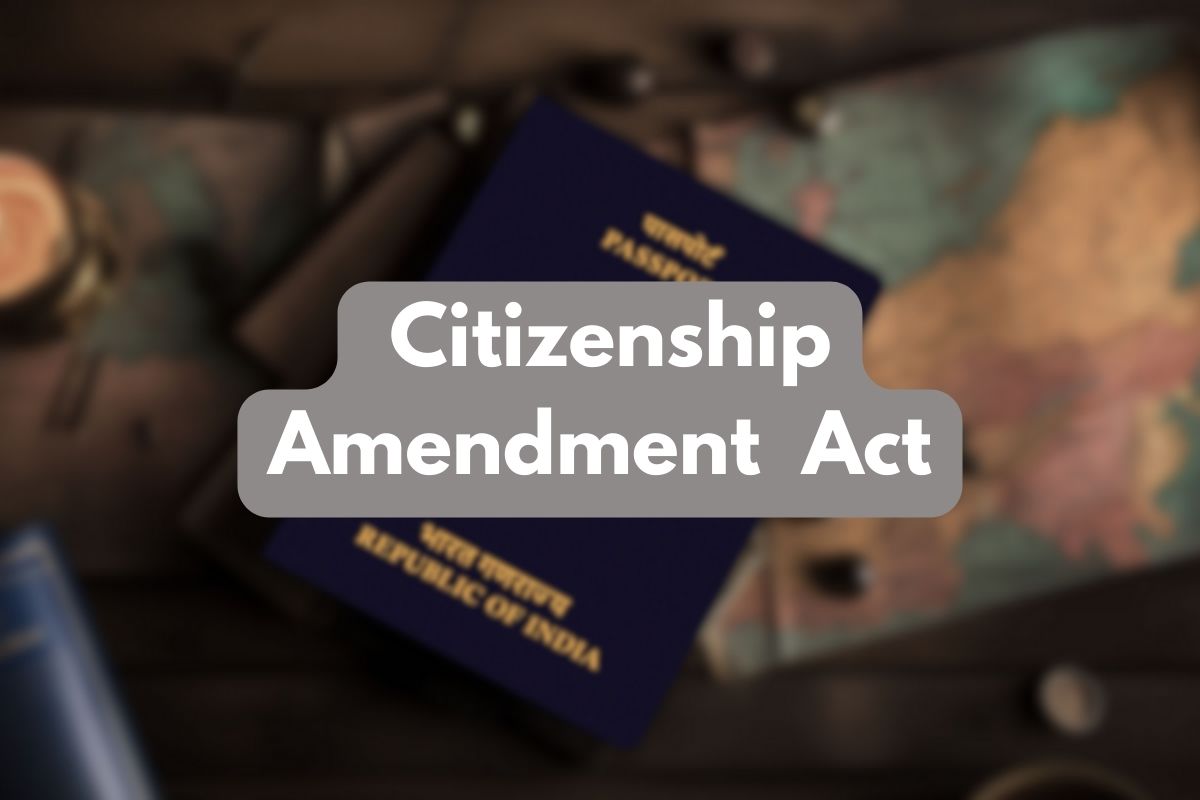In a move that has been closely watched across the country, the Indian government has finally notified the rules for the Citizenship Amendment Act (CAA), which was passed in December 2019. This comes just weeks before the nation heads to the polls for a new government.
What is the CAA?
The CAA is a law that aims to expedite the process of granting Indian citizenship to specific religious minorities from neighbouring countries. These minorities include Hindus, Jains, Sikhs, Buddhists, Parsis, and Christians who have entered India from Pakistan, Afghanistan, and Bangladesh on or before December 31, 2014.
Key Points of the CAA Rules
Here’s a comprehensive breakdown of the key points and implications of the CAA:
1. Who Qualifies for Citizenship under the CAA?
The CAA aims to provide citizenship to specific religious minorities from neighbouring countries who arrived in India on or before December 31, 2014. Eligible religions include Hindus, Jains, Christians, Sikhs, Buddhists, and Parsis from Bangladesh, Pakistan, and Afghanistan.
2. Residency Requirement and Changes to Naturalization Process
To qualify for Indian citizenship under the CAA, immigrants must have resided in India for at least one year immediately preceding the application, along with a minimum of five years of residency within the last 14 years. This marks a significant reduction from the previous 11-year residency requirement for citizenship by naturalization.
3. Implications of Indian Citizenship Acquisition
The CAA’s implementation alters the pathway to Indian citizenship for eligible immigrants, streamlining the process and reducing the residency duration criteria. This change aims to facilitate the integration of persecuted minority communities from neighbouring nations into Indian society.
4. Nationwide Protests and Controversies
The passage of the CAA in December 2019 sparked widespread protests across various parts of India, particularly in the Northeastern region. Critics argue that the act undermines the secular fabric of the Indian Constitution and discriminates against Muslims by excluding them from its provisions.
5. Government’s Commitment to Implementation
Despite the contentious nature of the CAA, the Union Home Minister, Amit Shah, reaffirmed the government’s commitment to implementing its rules before the upcoming Lok Sabha elections. This move reflects the administration’s determination to fulfil its electoral promises and address the concerns surrounding immigration and citizenship.
Background and Controversy
The CAA’s passage in December 2019 was met with widespread protests, particularly in the Northeastern states of India. Critics argue that the law discriminates against Muslims and violates India’s secular constitution. The government, however, maintains that the CAA is necessary to protect persecuted minorities.
Conclusion
In conclusion, the Citizenship (Amendment) Act of 2020 continues to remain a contentious issue in Indian politics, with its implications reverberating across the nation. As travellers planning a visit to India, it’s essential to stay informed about the evolving legislative landscape and its potential impact on society.
Follow and connect with us on Facebook, Twitter, LinkedIn, Instagram and Google News for the latest travel news and updates!





